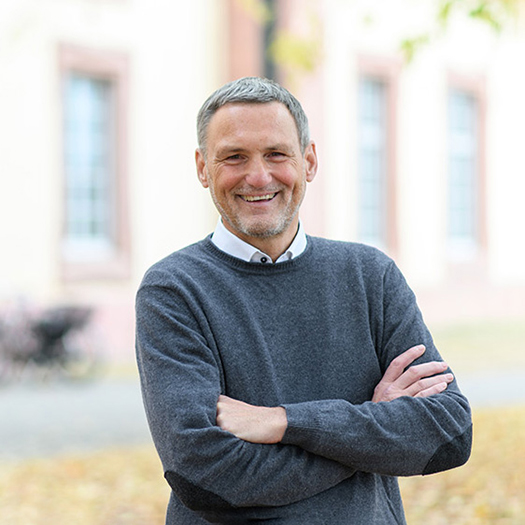Short-Term Economic and Social Effects of Humanitarian Immigration
Short-Term Economic and Social Effects of Humanitarian Immigration
Period:
01.04.2017 – 31.12.2020
Increased refugee immigration to Europe in 2015 still constitutes a major policy concern for host countries. At that time, potential impacts of immigration on host countries’ societies and economies were controversially debated by the public and by scholars. This research project contributed to this issuer by assessing short-run causal effects of the humanitarian immigration to Germany with microeconometric methods and new data sets. Three main research questions have been investigated: How does the recent immigration affect (i) native employment, (ii) attitudes of the native population towards immigrants and (iii) crime rates of the foreign-born population within Germany.




